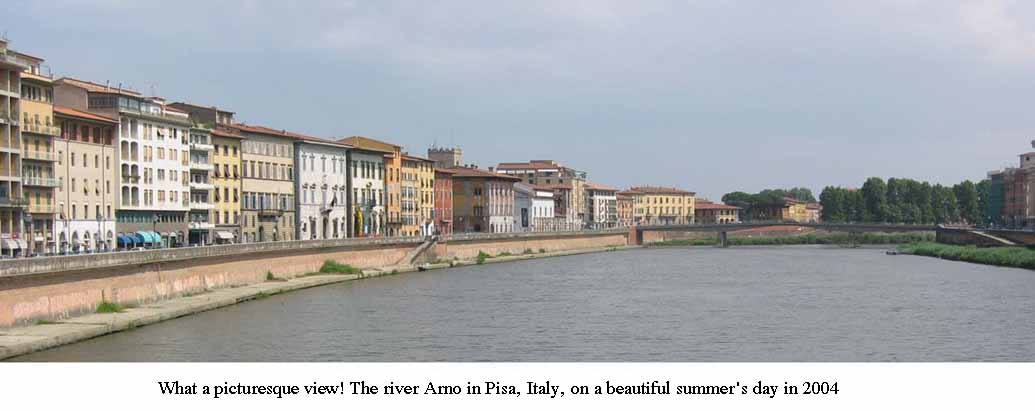Reflections on Joyce's 'Ivy Day'
Some kind of response to
or rather a few questions on Ivy Day....
This story, I think, leaves us with more questions than it provides us with answers to it.
Above all we do not know – even after a good, solid reading of it – what exactly it is about: “canvassing” or its ‘by-products’, i.e. what is indirectly connected with it.
And if it’s about “canvassing” in its main concern, has it got a ‘plot’, a logically lined up sequence of events or actions significant to the story? If Ivy Day is a commemoration day, whose ‘celebration’, ‘epiphany’, sudden insight into what/whom is it in comparison, for instance, to the first-person narrator’s recognition in Araby? Is the predominant message of Ivy Day a relatively unsatisfactory statement/conclusion saying that:
a) politics is corrupt (as Parnell, the highlighted ‘hero’ of the day, was corrupt
himself in that he had an affair with a mistress)
b) Dublin, the author’s much beloved city, the heart of Ireland, is corrupt, too
c) and (Irish) patriotism is lost (because it is corrupt) as well?
Does the pop of the cork (of several beer bottles) epitomize the vanity, the futility of all the actions and hopes of the persons gathered round the ‘fire-side’ (in the Committee Room)? Are those ‘participants’ of the “canvassing” (for a particular constituency = ward in Dublin) just sentimentalists, ineffective in what they do, lacking the proper spirit to re-kindle a ‘fire’, let alone to keep it(s flame) burning, as ‘gaseous’ and dissolving into nothingness as the pop of a cork: hardly having entered the scene when already gone, evaporated into ‘tracelessness’? Or does the popping of such a cork have a greater meaning on a symbolic level? Should we connote it to the ‘rise’ of a new movement[1], a rebellion, revolt liberating Ireland like a flash from her having been repressed and oppressed for so long? And if so, whose ‘fire’ is it? Who is the “caretaker” who can really take care of the ‘fire’? Certainly not the “caretaker” in the story. Apparently he is of subordinate importance, and yet – what is perhaps the disappointing side about it – all the other persons pivot round him as if they were of even minor importance (> popping in and out of the room). So from this ‘fire’ no new ‘spirit’ is to be awaited, no incentive whatsoever, no ‘new Parnell’, no ‘phoenix’ will be able to resurrect from the ashes (= ‘the dead’, metaphorically speaking).
“Ivy Day” is Parnell’s day, devoted to the commemoration of that great national hero, under whose leadership all different factions and convictions of Irish resistance could be amalgamated and effectively put into operation.
Yet as things happened to Parnell – he was abandoned by his supporters in the end – they will happen to “Tricky Dickie” (= Tierney, the candidate for the one ward in Dublin) too as he cannot rely on his ‘canvassers’ either. (In this context one comes to ask oneself whether it is a natural quality of man’s that he prefers drinking and having a jolly good time [here in the ‘Committee Room’] to doing active work.)
--------------------------------
Mr. Rosenfeld’s comment/assessment:
I like your last point here. The implication therein is that the irony will persist.
[1] Tutor’s comment on the preceding three questions: “Both – hence the irony”.

